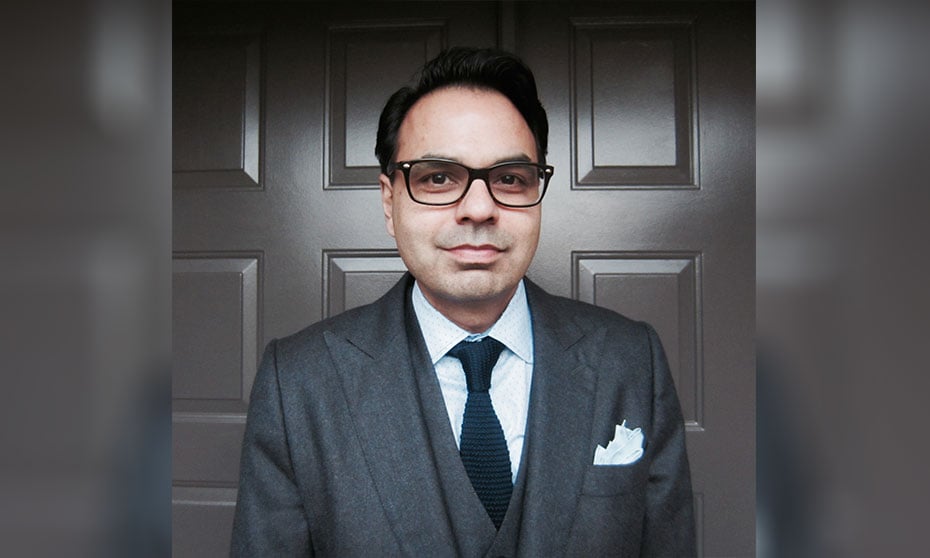
Recent programs explore issues faced by racialized defendants

Understanding racial issues is a “core part” of the role of the defence lawyer, says Faisal Mirza, one of the lawyers who participated in a recent gathering hosted by the Criminal Lawyers' Association.
Mirza, who practises in association with Mirza Kwok Criminal Defence Lawyers, was one of the speakers at the Sept. 26 Toronto event, Racial Issues in Criminal Litigation. The CLA’s diversity committee and other partners helped organize the program, says Mirza.
Adam Weisberg, lead counsel at Weisberg Law PC who also helped organize the CLA event, said that although the event was successful and received positive feedback, it demonstrated the need for more programs dealing with racial issues and criminal law.
“[W]e believe it deals with the heart and soul of criminal law,” says Mirza in an e-mail to Law Times. “On behalf our clients that are over-represented in the criminal justice system, it is critical that we acknowledge and advocate for these issues. But it is equally important that we educate the bar and bench about how systemic factors play a central role in everything from bail, through Charter litigation to sentencing.”
Reid Rusonik, managing partner at Rusonik O'Connor Robbins Ross & Angelini LLP who also participated in the event, shared his experiences working on cases involving racial profiling.
“As criminal defence lawyers I think we have to study racism,” Rusonik wrote. “Not only how to combat it in ourselves and others, as every human being should — but how it is manifested in even the subtlest of ways, what particular racist prejudices are at play, and how they are expressed in word and action. It is ugly and depressing work, but it is essential.”
In a written summary of remarks shared with Law Times, Rusonik suggested lawyers working on cases involving racial profiling allegations: do a drive-through of the scene and record the recreations; learn how to find the right police records; do moment-by-moment style interviews; and subpoena private camera footage.
Rusonik also wrote that lawyers should be clear about allegations of a police fabrication in their Notice of Applications.
“Have you ever noticed how so many white officers will write about and refer to black men who are deep, deep into their 20’s and 30’s— and even older than that— by their first names at the point in an encounter or an account in which a white man would almost certainly have been referred to by his surname?” Rusonik wrote. “Ask the officer to explain the dichotomy.”
But even in cases of overt racial profiling, Rusonik wrote that victories are rarely achieved on the basis of the racial profiling allegations. Regardless of the “true reason” for an officer’s detention and search of a client, all that is necessary for exclusion is disproving officer’s stated justification, wrote Rusonik.
That is “are precisely why there have been precious few reported cases where racial profiling has been found,” Rusonik wrote. “It may not be sexy from a social justice point of view to do it this way, but it sure is sexy from a winning point of view. . . . this isn’t the champion of social progress role many of us envisioned when we went into criminal defence work, but right now the Charter needs wins.”
Separately, on Sept. 25., Queen’s University Faculty of Law also announced a new initiative on racialized defendant. Professor Lisa Kerr was awarded $45,553 for a Social Sciences and Humanities Research Council-funded project on sentencing to learn from “criminal lawyers who are grappling with these issues in their everyday work.”
“And my aim is to produce a study that will be useful to them – chronicling the advocacy strategies, developments in the law, and the broader philosophical and moral questions that arise in dealing with issues of race in Canada’s criminal justice system. I also want to bring together the experts involved in these cases and give them a chance to talk about their work in a non-adversarial setting,” Kerr said in the announcement of the project.